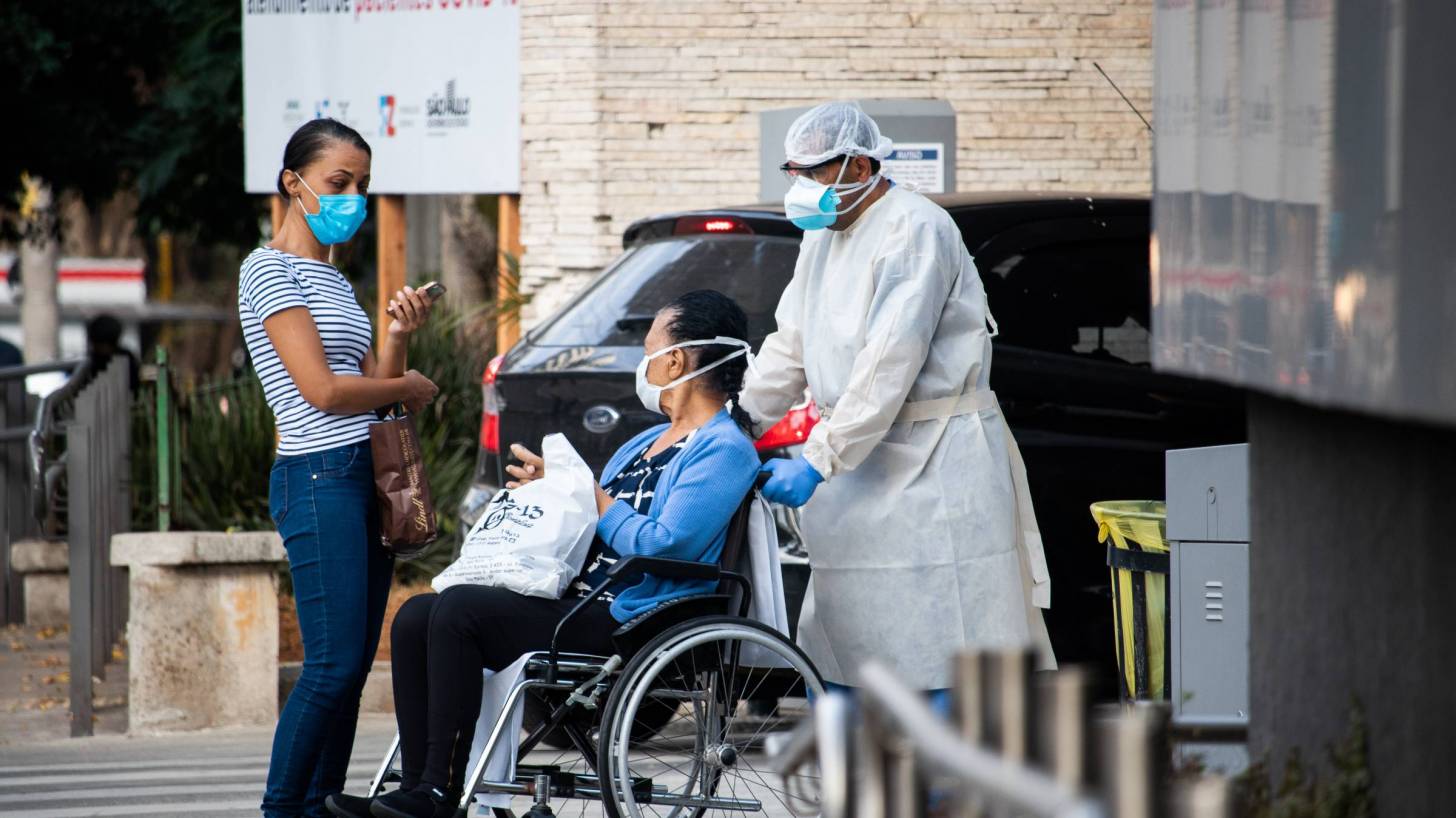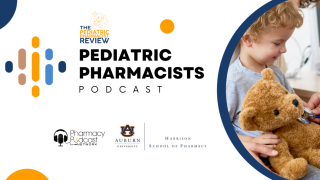Monoclonal Antibody Combo Effective Against Delta Variant

The Assistant Secretary for Preparedness and Response (ASPR) and the US Food and Drug Administration (FDA) announced on August 27, 2021, changes in the authorized use of monoclonal antibodies bamlanivimab and etesevimab administered together under Emergency Use Authorization (EUA) 094.
The ASPR will resume distribution of bamlanivimab and etesevimab together and etesevimab alone to pair with the existing supply of bamlanivimab at a facility for use under EUA.
Expressly, the EUA now authorizes the use of bamlanivimab and etesevimab only in states, territories, and U.S. jurisdictions in which data shows the combined frequency of SARS-CoV-2 virus variants resistant to bamlanivimab and etesevimab administered together is less than or equal to 5%.
Specifically, bamlanivimab and etesevimab administered together are currently authorized for use in Colorado, Connecticut, Illinois, Indiana, Iowa, Kansas, Maine, Massachusetts, New Hampshire, Michigan, Minnesota, Missouri, Montana, Nebraska, North Dakota, Ohio, Rhode Island, South Dakota, Utah, Vermont, Wisconsin, and Wyoming.
These states comprise Health Human Services regions 1, 5, 7, and 8.
The US Centers for Disease Control and Prevention (CDC) determined that bamlanivimab and etesevimab, administered together, are expected to retain activity against the SARS-CoV-2 B.1.617.2/Delta variant.
However, based on vitro assays, bamlanivimab and etesevimab, administered together, are not expected to retain activity against the SARS-CoV-2 P.1/Gamma variant (first identified in Brazil), the B.1.351/Beta variant (first identified in South Africa), the AY.1 and AY.2 variants/Delta[+K417N] (commonly known as “Delta plus,” first recognized in India) and the B.1.621 variant (first identified in Colombia).
At present, three monoclonal antibody therapies - bamlanivimab and etesevimab administered together, REGEN-COV, and sotrovimab - are authorized for the treatment of mild to moderate COVID-19 in adult and pediatric patients (12 years of age and older weighing at least 40 kg) with positive results of direct SARS-CoV-2 viral testing, and who are at high risk for progression to severe COVID-19, including hospitalization or death.
Based on similar in vitro assay data currently available, REGEN-COV and sotrovimab are likely to retain activity against the P.1, B.1.351, AY.1 and AY.2, B.1.621, and B.1.617.2/Delta variants.
REGEN-COV and sotrovimab may be used, consistent with the terms and conditions of their respective authorizations, in all states, territories, and U.S. jurisdictions, including those in which bamlanivimab and etesevimab are not currently authorized, say this PHE announcement.
Health care providers should review the Antiviral Resistance information in Section 15 of the authorized Fact Sheets for each monoclonal antibody therapy available under a EUA for details regarding specific variants and resistance.
Moreover, health care providers should also refer to the CDC website and information from state and local health authorities regarding reports of viral variants of importance in their region.
The ASPR and FDA confirmed they would continue to work with the CDC and the National Institutes of Health on surveillance of variants that may impact the use of the monoclonal antibody therapies authorized for emergency use.
PrecisionVaccinations publishes fact-check research-based news.
Our Trust Standards: Medical Advisory Committee
























